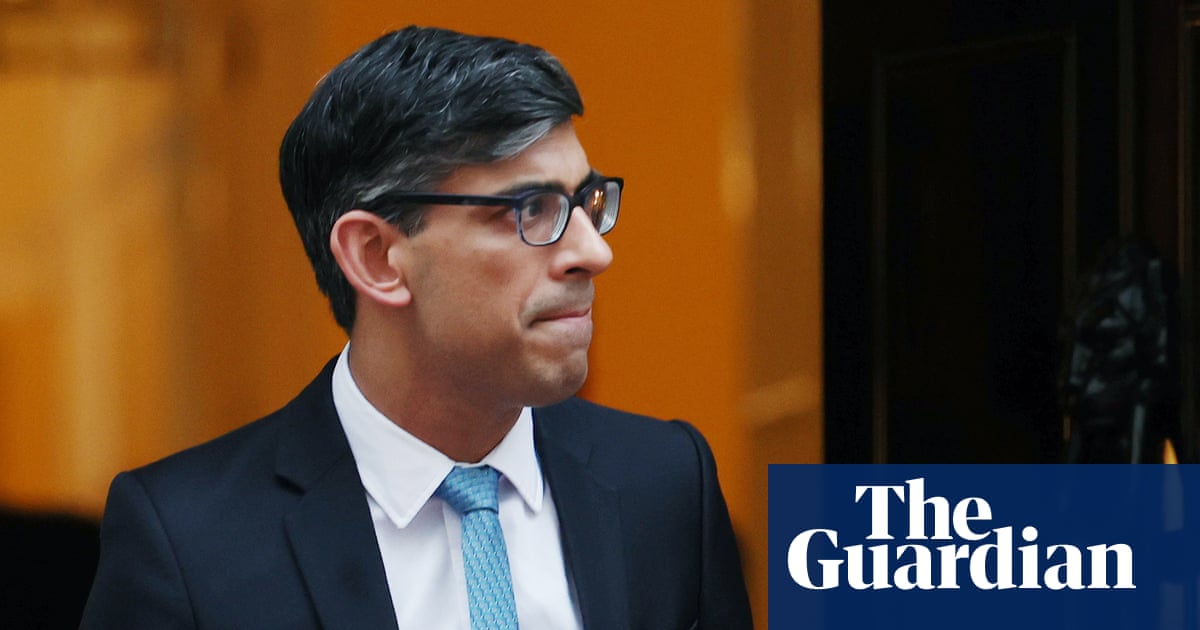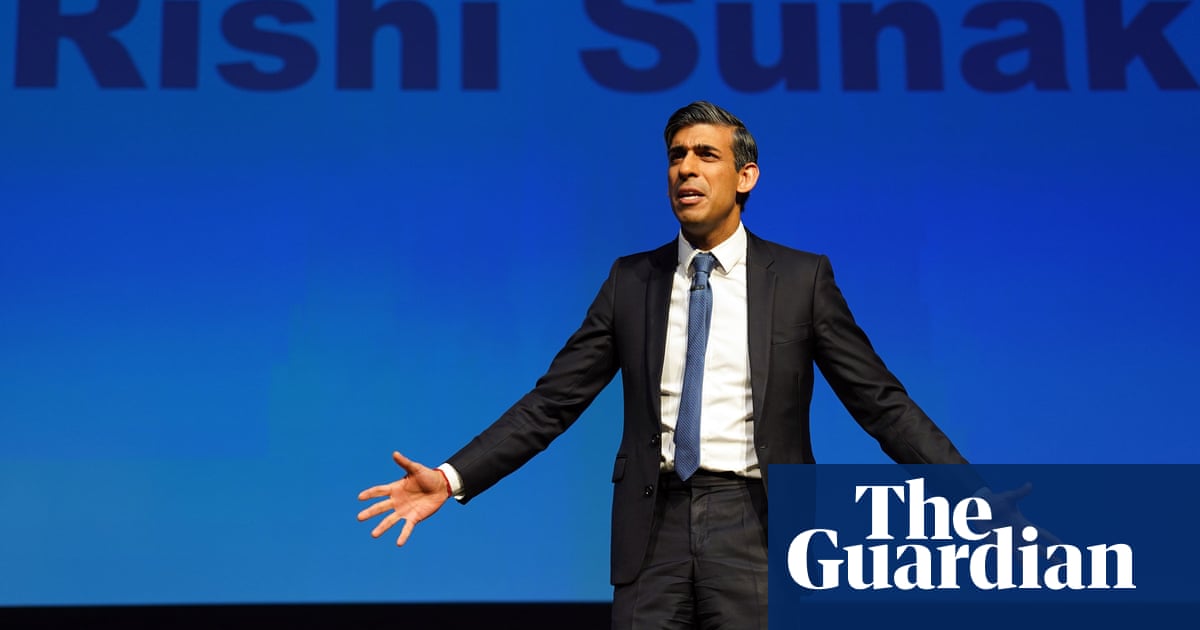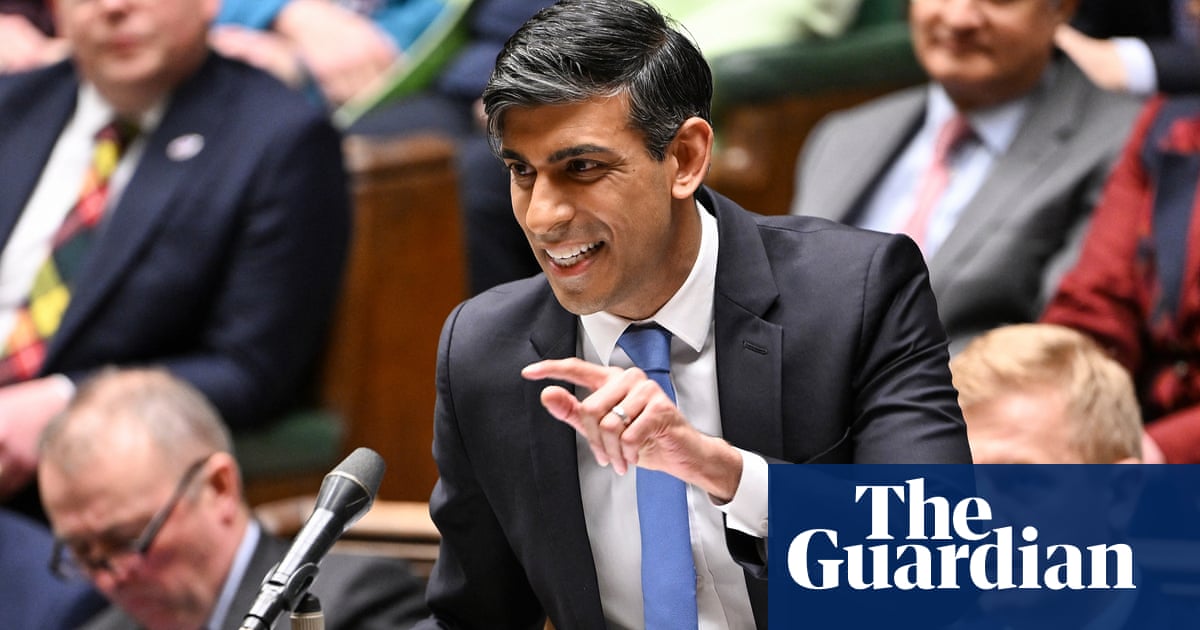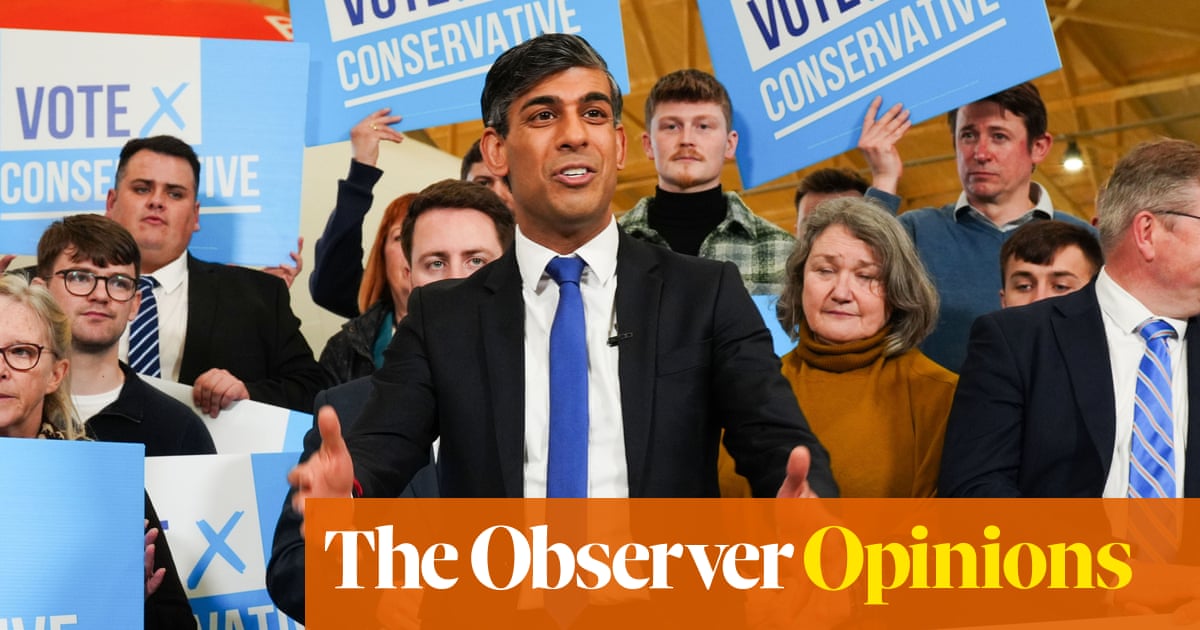
For Reform UK to win 13% of the vote in a byelection is a long way from the heady days of Ukip taking 60% in Clacton in 2014.
However, that share of the vote was still a shock for the Conservatives on Friday morning, given that Reform is a newer party without the draw of Nigel Farage as leader or the rallying cause of Brexit behind it.
When a rightwing government has lost two byelections to a centre-left opposition, it would seem a strange response for the prime minister to veer further to the right.
Nevertheless, the loudest voices urging Sunak to change path on Friday were those of Jacob Rees-Mogg, the former Conservative cabinet minister, and the founders of the New Conservatives parliamentary group – Miriam Cates and Danny Kruger – who, instead of seeing Labour as the biggest threat, claimed that uniting the “Tory family” of Reform and Conservative voters would be a winning strategy.
Many polling experts were quick to say such an approach did not make sense. Straightforwardly adding the Conservative vote share of 25% and Reform’s 13% does not match the Labour vote share of 46% in Wellingborough.
Luke Tryl of the thinktank More in Common pointed out that in any case it was “really important to remember not all Reform votes come from the Tories and even fewer would go back to the Tories in the absence of Reform, so you really can’t add the two vote shares together as a ‘reunited right’.”
Sunak and the Tory party chair, Richard Holden, downplayed the impact of the Reform vote, suggesting it would melt away when people were confronted with the stark choice at a general election of who they wanted as the next prime minister.
The risk for the Conservatives might be greater if Farage were to fully throw his weight behind Reform, which claims it plans to stand candidates in every seat.
However, the former Ukip and Brexit party leader, who helped Boris Johnson in 2019 by standing aside in places with an incumbent Tory MP, is yet to decide whether he really wants to cause damage to the Conservatives.
“The danger of Reform is exaggerated,” said a Tory MP in the One Nation group. “Byelections show protest parties getting many more votes, but things change in an actual general election.”
Conservative moderates tend to be far more worried about Labour – or in some seats the Liberal Democrats – taking their former voters on issues such as the cost of living, housing and the NHS.
However, the right of the Conservative party still appeared determined to learn the wrong lesson from Labour’s byelection wins: not that there is a mood for change and that Starmer is consistently polling as more trusted and competent than Sunak, but that a minority of voters want more rightwing policies.
More centrist Conservatives believe that is a wrong-headed conclusion and that elections are fought and won only on the centre ground of politics. Johnson’s 2019 victory was, after all, contested not just on the issue of Brexit but on a platform of increased public spending on police, hospitals and levelling up, which struck a chord in the north and the Midlands.
Sunak has shown himself consistently buffeted by the right of the party into doubling down on the Rwanda policy despite evidence that it is illegal; delaying net zero goals; and now heading for tax cuts and a fresh round of austerity, when experts warn it would be an unwise move during a recession.
He has so far withstood the siren calls of those pressing him to go into the next election promising to withdraw from the European court of human rights, but the temptation will be there to do that as a clear dividing line with Starmer.
The question is who Sunak will listen to, having sided with the right for much of his premiership so far.












